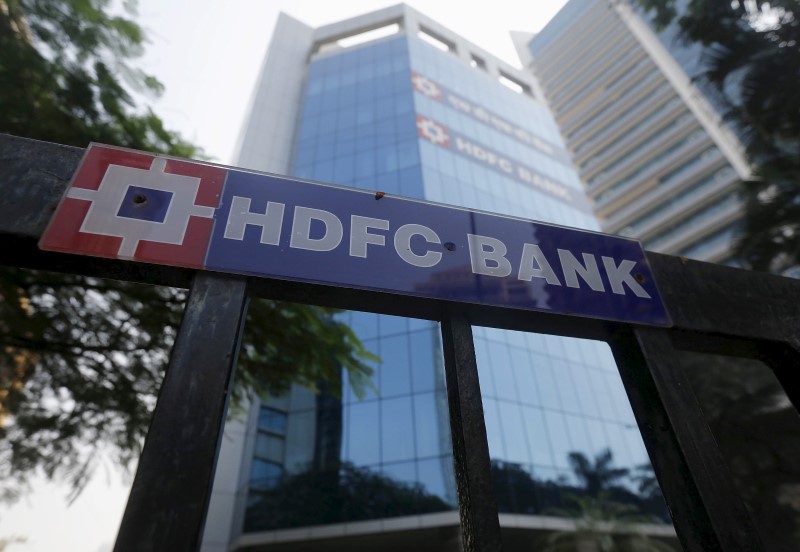The Reserve Bank of India (RBI) has recently approved the provision of pre-sanctioned credit lines for Unified Payments Interface (NASDAQ:TILE) (UPI) users, a move that significantly expands the scope of the digital payments platform. The decision, announced on Wednesday, builds upon a proposal made by the RBI on April 6, to broaden the reach of UPI by incorporating pre-sanctioned credit lines in addition to traditional deposit accounts.
According to an RBI notification issued on September 4, individuals can now conduct transactions using pre-sanctioned credit lines issued by Scheduled Commercial Banks via the UPI system. Prior to this development, UPI users could only link their savings accounts, overdraft accounts, prepaid wallets, and credit cards to the UPI system.
This new facility allows users to spend from a pre-sanctioned credit line and settle the dues later. The pre-approved credit lines function similarly to an overdraft facility provided by banks and can be utilized through various UPI applications such as Google (NASDAQ:GOOGL) Pay, Paytm, and MobiKwik.
Fees for using a pre-sanctioned credit limit on UPI vary among banks. HDFC Bank charges interest on the amount spent from the credit line, while ICICI Bank imposes a service charge above a particular threshold. For instance, HDFC Bank offers a credit limit of up to INR 50,000 (INR 1 = $0.012) with a maximum credit period of six months. On the other hand, ICICI Bank provides instant digital credit for up to 45 days.
This development is expected to benefit small borrowers and business people who can utilize these facilities to manage their working capital needs. It provides an alternative to taking working capital loans from moneylenders at high rates and instead opt for lower interest rates on credit lines.
Despite its similarities with credit cards on UPI, there is a subtle difference. Pre-approved credit lines are more accessible to UPI users, as banks require basic personal account verification before providing them with a credit line for UPI. This accessibility benefits those without formal income records from accessing credit.
The new feature levels the playing field by equating funding accounts linked to UPI with credit cards, offering users more flexibility. Traditionally, the “buy now, pay later” (BNPL) sector has been dominated by fintechs and non-banking financial companies (NBFCs). However, this development presents an opportunity for banks to venture into this domain, providing users with additional financial flexibility and convenience.
While this move signifies a shift in how UPI can be utilized, it's worth noting that the RBI has not extended this facility to NBFCs. As this facility is exclusively granted to Scheduled Commercial Banks, it may create a competitive disadvantage for NBFCs in the digital payment sector.
This article was generated with the support of AI and reviewed by an editor. For more information see our T&C.
